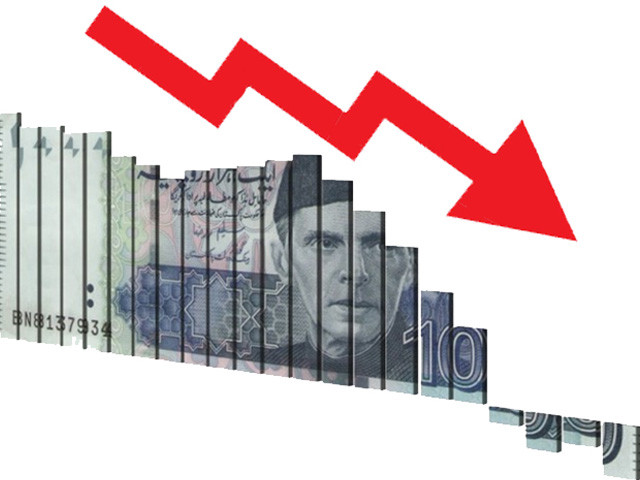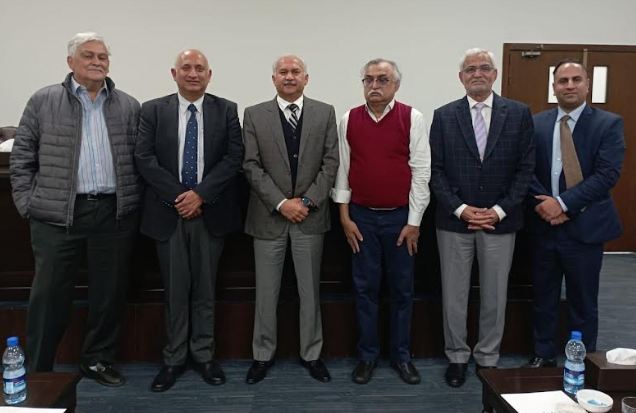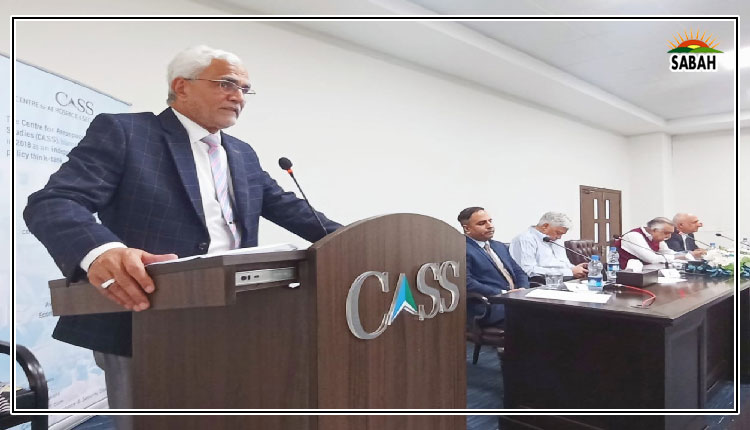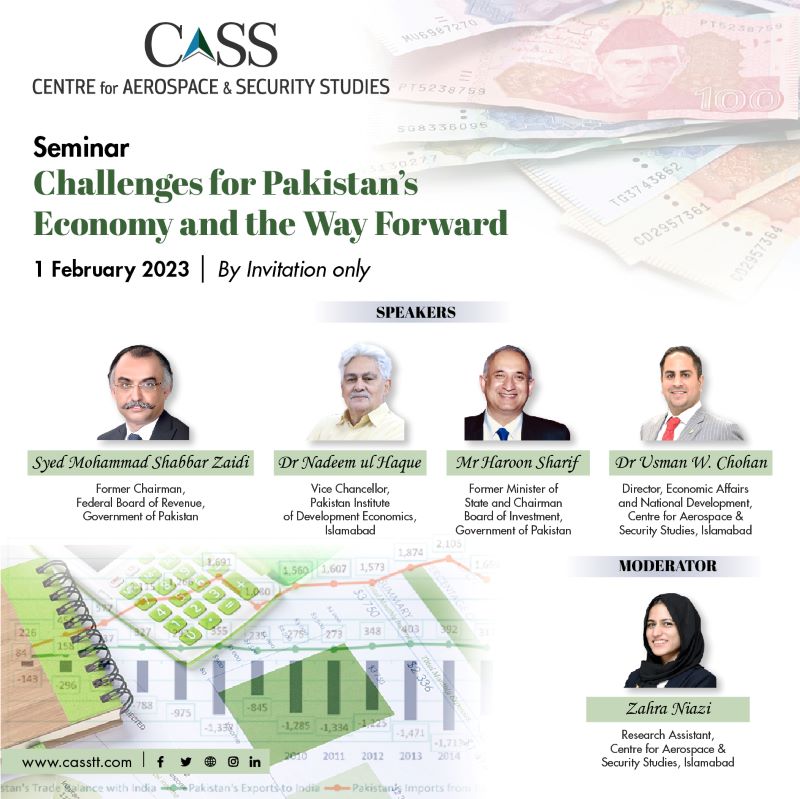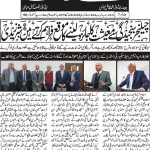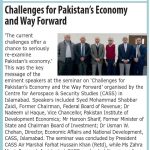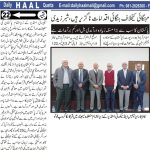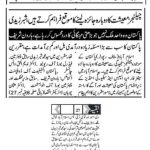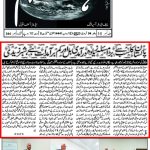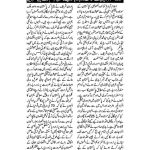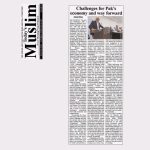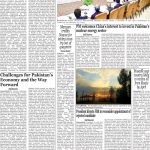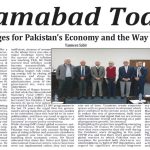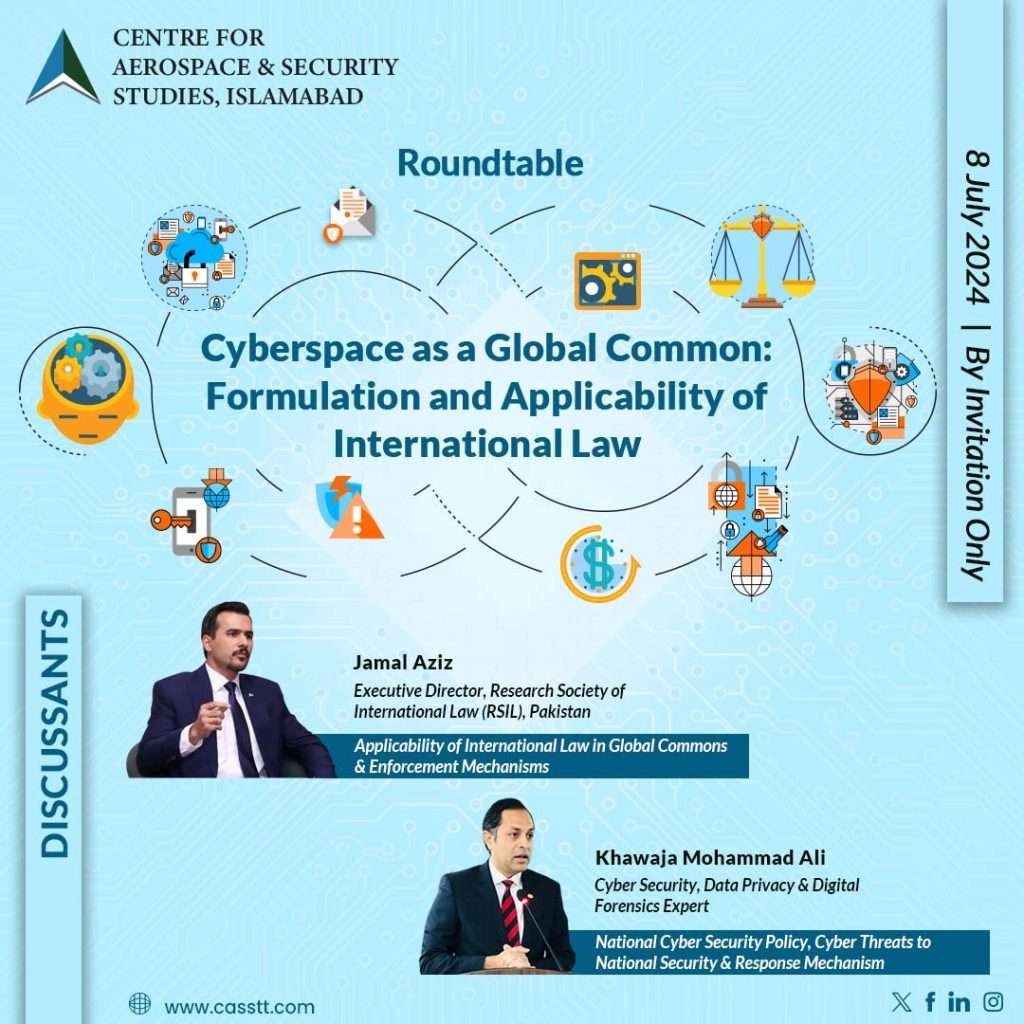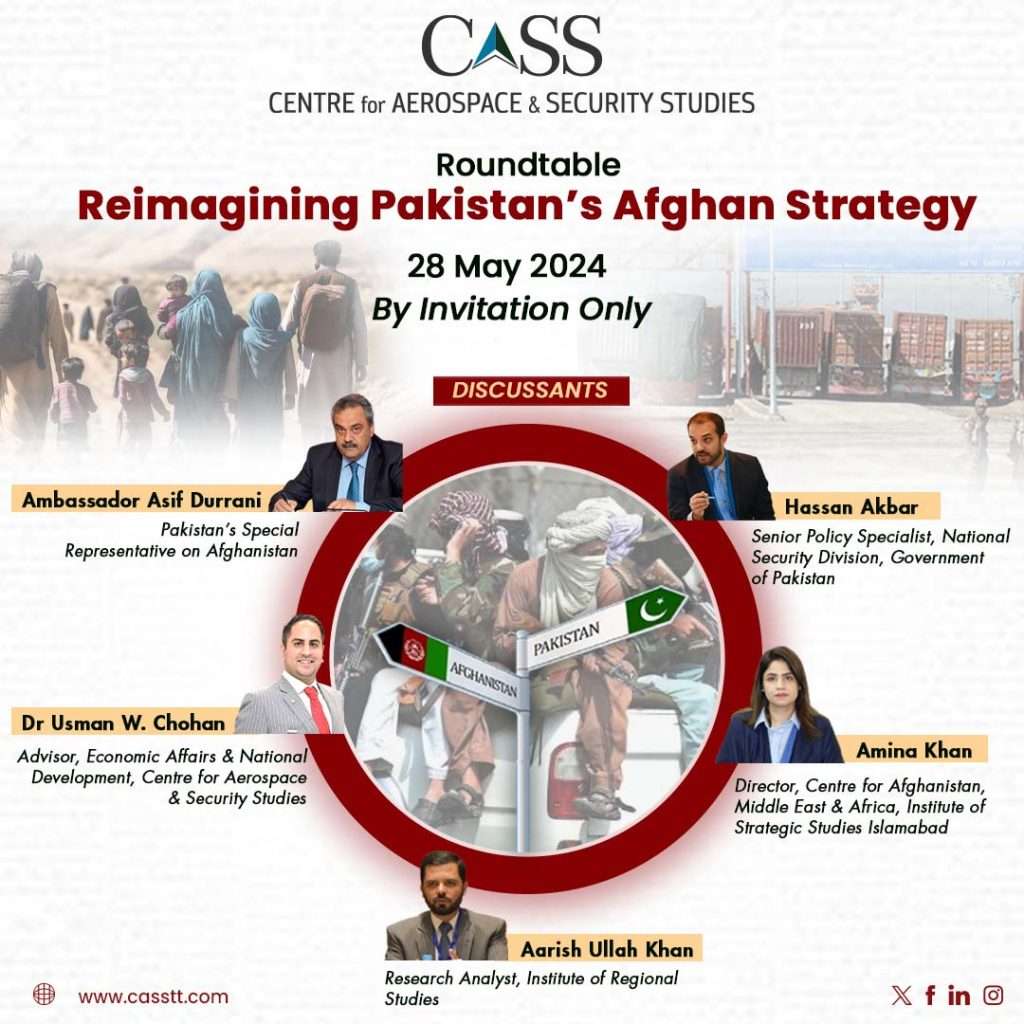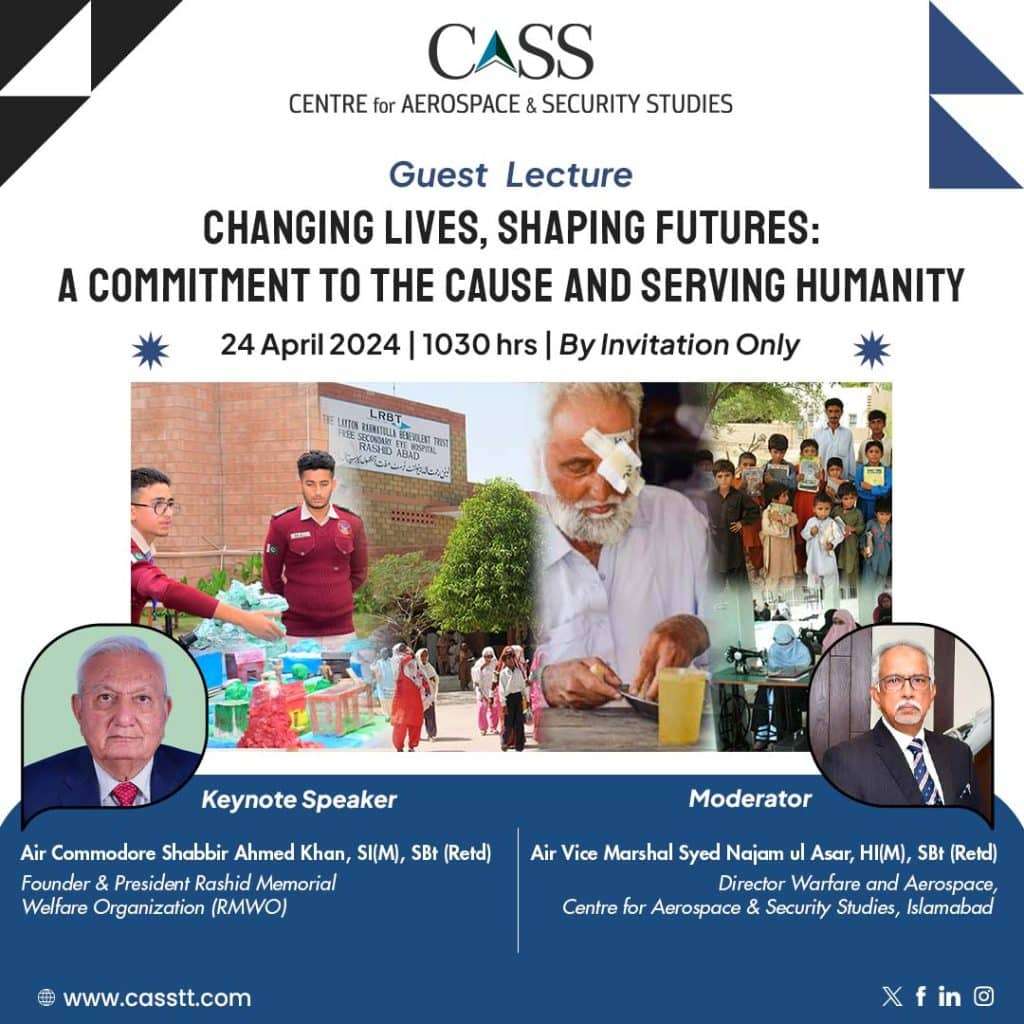Concept Note
Pakistan today faces an unprecedented economic crisis, with fast-depleting reserves, declining exports and remittances, surging inflation, rising unemployment, weakening rupee, and decreasing business production threatening the country’s financial stability and the well-being of its people. This crisis has been a result of various challenges originating from both domestic and external fronts, including but not limited to higher global commodity prices, tighter international and domestic monetary conditions, an economic slowdown in the world’s major advanced economies, internal political instability, militancy, and damages caused by the recent monsoon deluge in Pakistan. In addition to these multiple triggers, there are fundamental structural problems that have been responsible for Pakistan’s persistent macroeconomic challenges and tend to compound the impact of extraneous factors.
Although the country has been trying to maintain momentum, observers argue that current measures to fix the economic turmoil are inadequate. Decisive action and strategic planning are needed to ensure that Pakistan does not end up facing a full-blown financial crisis. In light of this, the Centre for Aerospace & Security Studies, Islamabad, aims to organise this seminar where eminent experts will provide a more thorough understanding of Pakistan’s economic crises and help suggest a way forward for a sustainable and resilient economic recovery.
The specific questions that CASS aims to raise and find answers to from our distinguished panel are:
- What are the deep structural roots of the economic crisis in Pakistan, and why has the country not been able to address them?
- What are the best ways to achieve sustainability of public finances? What are the most serious impediments in addressing Pakistan’s fiscal deficit issues, especially in terms of revenue generation?
- What concerns arise from the size of government, both federally and provincially in terms of public finance sustainability and effective policy implementation in Pakistan?
- How can economists work together to make a larger, positive contribution to key policy decisions in Pakistan?
- What are the most serious impediments to ushering in more robust private sector contribution to the economy?
- Can Pakistan make better use of its foreign partnerships with key countries, and with multilateral and large private institutions, in this current period of economic difficulty?
- What bold measures are needed to restore economic stability in Pakistan?
- How would the projected global recession in 2023 affect Pakistan’s economic outlook and prospects for recovery?
- What path should Pakistan pursue in the midst of the rapidly occurring global economic transformations?
Press Release
Media Coverage
News Coverage
Newspaper Links


